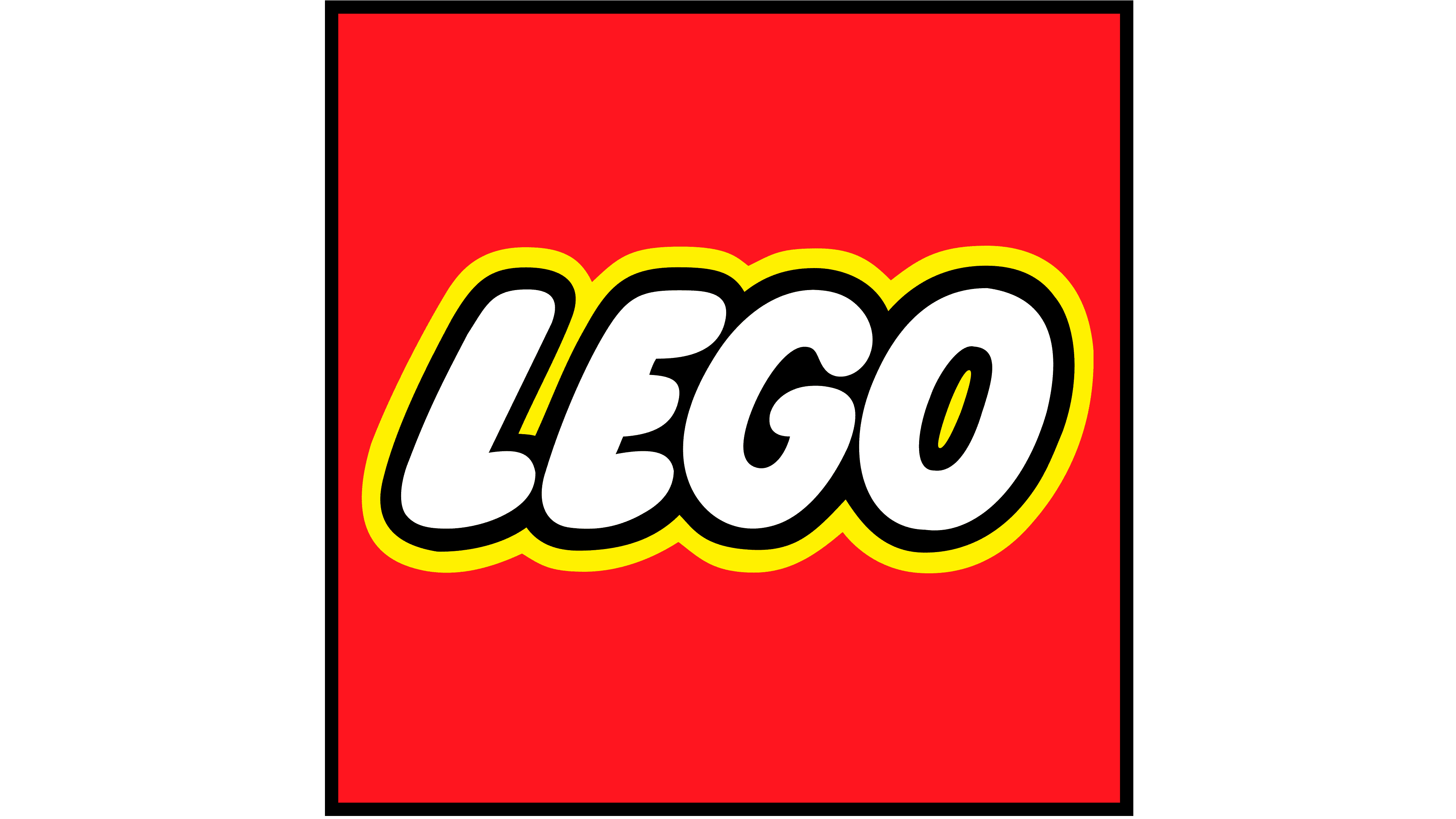Lego, based in Denmark, affirmed on Monday its ongoing dedication to sourcing sustainable materials for reducing carbon emissions, despite an unsuccessful attempt by the world’s leading toy manufacturer to utilize recycled bottles.
Lego announced that it has chosen not to proceed with the production of its iconic colorful bricks using recycled plastic bottles made of polyethylene terephthalate (PET). After conducting extensive testing for over two years, it was determined that this material did not yield a reduction in carbon emissions.
Nonetheless, the toy manufacturer reiterates its unwavering dedication to producing Lego bricks from sustainable materials by the year 2032.
In a move initiated two years ago, the privately-owned company, traditionally reliant on oil-based plastic for its bricks, commenced extensive research into the possibility of shifting to recycled plastic bottles crafted from PET plastic, a material known for maintaining quality through recycling processes.
Lego has invested over $1.2 billion in sustainability initiatives as part of its comprehensive strategy to transition towards more eco-friendly materials and achieve a 37% reduction in carbon emissions by the year 2032.
The company stated that it is presently in the process of evaluating and advancing the creation of Lego bricks crafted from various alternative sustainable materials. These alternatives encompass a spectrum of recycled plastics and plastics derived from unconventional sources, notably including e-methanol, also known as green methanol. E-methanol is produced by harnessing renewable energy to split water molecules, resulting in a compound composed of waste carbon dioxide and hydrogen.
Furthermore, Lego emphasized its continued utilization of bio-polypropylene, an ecologically friendly and biologically sourced variation of polyethylene. This eco-conscious material is employed in the production of specific components within Lego sets, such as leaves, trees, and various accessories.
“We believe that in the long-term this will encourage increased production of more sustainable raw materials, such as recycled oils, and help support our transition to sustainable materials,” it said.



